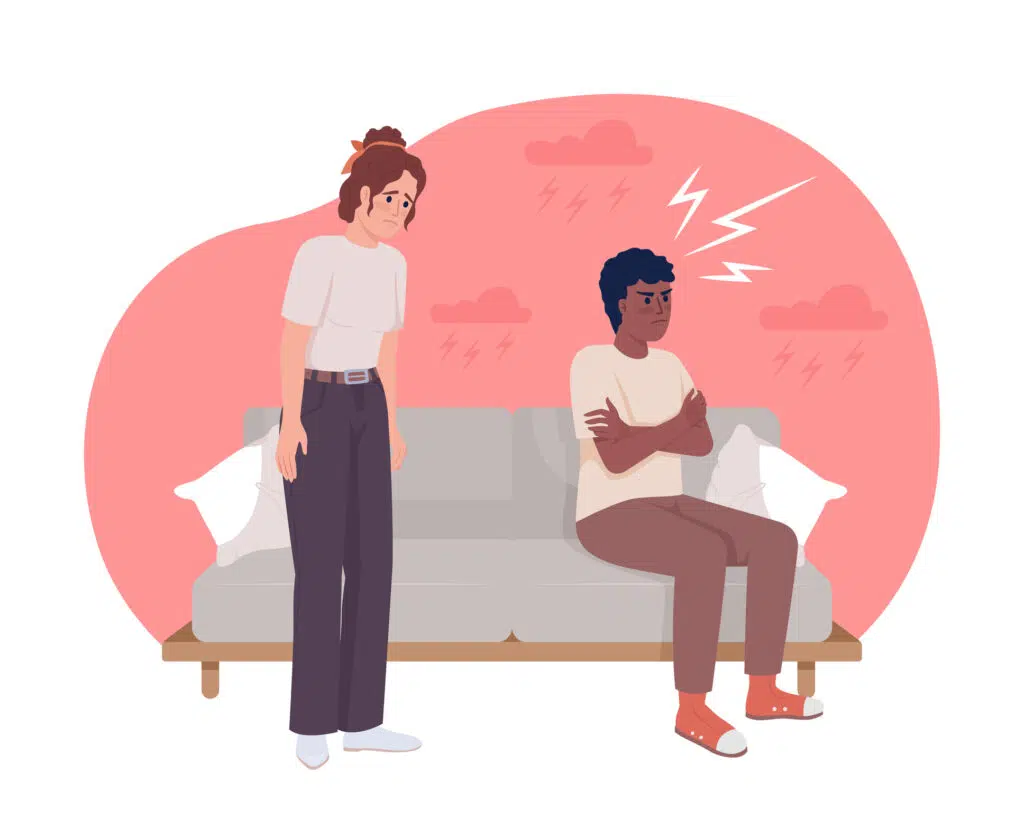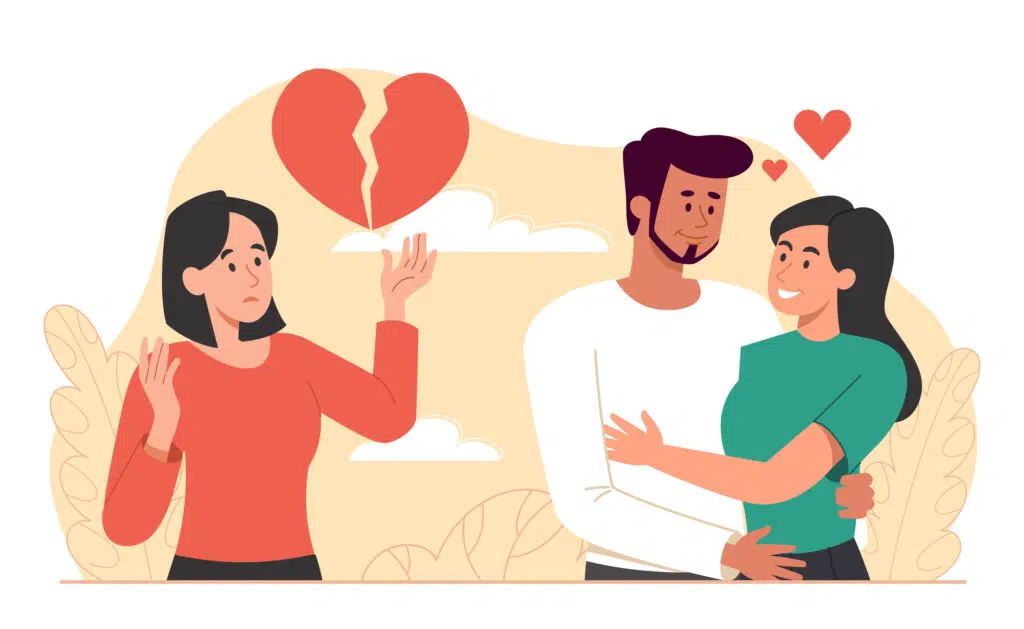How to Deal With Uncertainty
What Is Uncertainty and How Does It Impact Mental Health?

If you agree that uncertainty is frightening, you’re not alone. The human brain is hard-wired to be fearful of uncertainty. Constantly changing and updating to predict how the world works, when your brain is faced with prolonged uncertainty, this can cause increased levels of distress.
The link between uncertainty and stress has been reported in a number of studies, including a highly sophisticated 2016 experiment, published in Nature Communications. It was found that all measures of stress maxed out when uncertainty was highest.
Although these results were expected, what’s interesting is that uncertainty was shown to be more stressful than predictable negative consequences. This means that not knowing what may happen is actually more stressful than knowing that something bad is definitely bound to happen.
Thanks to the striatum, a group of subcortical structures, your brain craves control, just like everyone else’s.
As stated by health experts and researchers, when it comes to COVID-19, uncertainty is the only certainty. This has left millions feeling anxious or even depressed — especially those who were living with a preexisting mental health condition prior to the coronavirus outbreak.
Steps to Combat Feelings of Uncertainty
Learning to cope with uncertainty in a healthy manner will help reduce your risk of mental health complications. Although “not knowing” is uncomfortable, especially when your health and finances are involved, if you do not address rising stress levels, increased feelings of anxiety will result.
Focus on What You Can Control
The first step in dealing with uncertainty is to accept what you cannot control everything. This is why you must learn to let go, replacing feelings of uncertainty with beliefs that are more open-minded and realistic. It is important to tell yourself that although feeling uncertain is not ideal, it is tolerable and something that you can accept.
Understand that you cannot control every variable, especially variables contributing to the current situation surrounding COVID-19. However, you are in control of how you treat yourself, which is why self-care should be one of your top priorities.
For example:
- If you are uncertain about your health, recognize that you’re in control of how often you wash your hands, the social distancing measures you implement, and the overall type of lifestyle you lead.
- If you recently lost your job, use this time to strengthen your resume, network, look for alternative online work, etc.
The more you focus on the aspects of a problem that you can control, you’ll learn to focus less on worrying and more on taking positive action.
Practice Mindfulness
During times of uncertainly, mindfulness and meditation have been shown to reduce stress. By creating moments of calm awareness, you will begin to notice, accept, and bring curiosity to what you see in the present.
As reported by Psychology Today, writer Carla Naumburg created an approach known as a Mindfulness S.N.A.C.K, which stands for Stop-Notice-Accept-Curious-Kindness. This will help you reverse negative thinking patterns.
Being mindful will help you train your attention, increasing the amount of control you have over your wandering mind. Mindfulness itself appears to be a rather simple concept. However, since you will need to essentially retrain your brain, it does require practice. Start by practicing ten minutes per day.
Implement Defusing Techniques
Cognitive defusion is the ability to observe your feelings and thoughts, creating distance so that you can see them for what they really are. This is a technique that is often used in Acceptance and Commitment Therapy and is particularly helpful among those suffering from anxiety and depression.
Although this is something you can discuss with your therapist through TeleTherapy, as it can be a challenging skill to master, defusing techniques can also be practiced during your daily routine. Train yourself to notice the thoughts you experience in order to identify negatives ones. In doing so, it becomes easier to see the big picture.
Related: Therapy Going Digital
Exercise
It is well-understood that exercise supports positive mental and physical health. However, regular physical activity can also address feelings of uncertainty as you actively combat feelings of uncertainty. Exercise will help combat feelings of uncertainty and anxiety by:
- Helping you engage in a productive activity that diverts your thinking
- Decreasing muscle tension, reducing physical factors that contribute to anxiety
- Altering levels of key neurochemicals, including serotonin and GABA — which produces a calming effect
- Activating regions of the brain that help control the amygdala — the system of the brain that reacts to both real and imagined threats
If you are currently dealing with feelings of uncertainty, stress, anxiety, or any other mental health condition, and are located in the New York area, Thriving Mind Psychology is here to assist you. Request an appointment to benefit from online therapy today!

How to Move On After a Friendship Breakup
Friendship breakups can sting just as much as a romantic breakup. After all, you’re experiencing a loss of shared history and an understanding of each other that can leave you feeling lonely and isolated. Not all friendships are forever, but moving on from the loss of a friendship does take time and some self-compassion.

Signs You’re in a Toxic Relationship
A toxic relationship can chip away at your well-being and happiness. Toxic partners can be manipulative and charming, making it difficult to recognize the signs that you’re in a toxic relationship. You deserve to be in a supportive and healthy relationship.

10 Common Marriage Reconciliation Mistakes to Avoid After Infidelity
Infidelity can leave couples devastated. If you’ve been affected by infidelity and want to salvage your relationship, rebuild trust, or make a tough decision, keep reading for 10 common reconciliation mistakes to avoid after infidelity.

Survey: 72% of Americans are Stressing About the Upcoming Presidential Election
Political viewpoints in the U.S. have always been contentious, but is the impact of politics in the United States making it difficult for people to live their everyday lives? With some anticipating another brutal and long campaign season ahead of the upcoming 2024 presidential election, nearly half of Americans say politics is negatively impacting their mental health.




